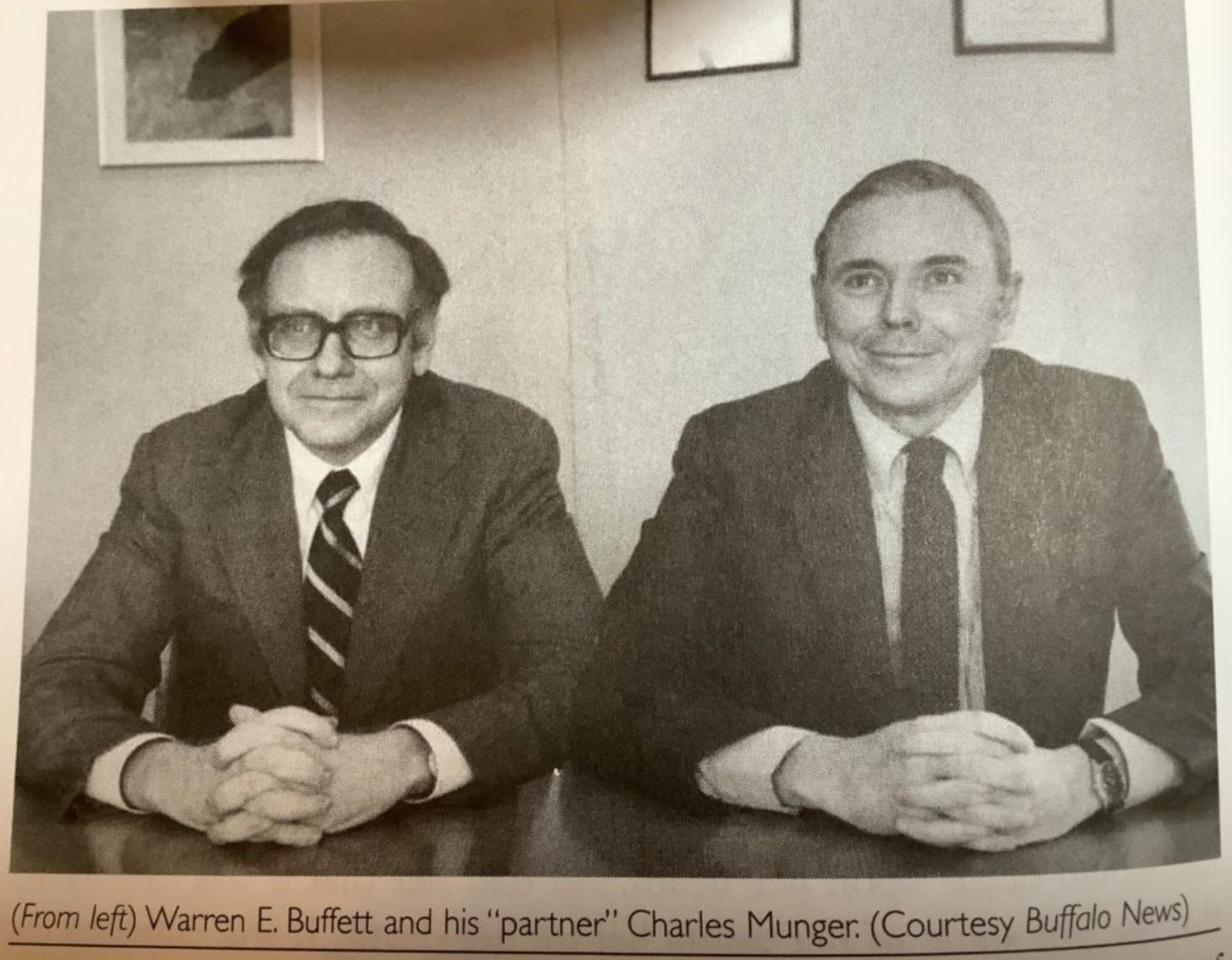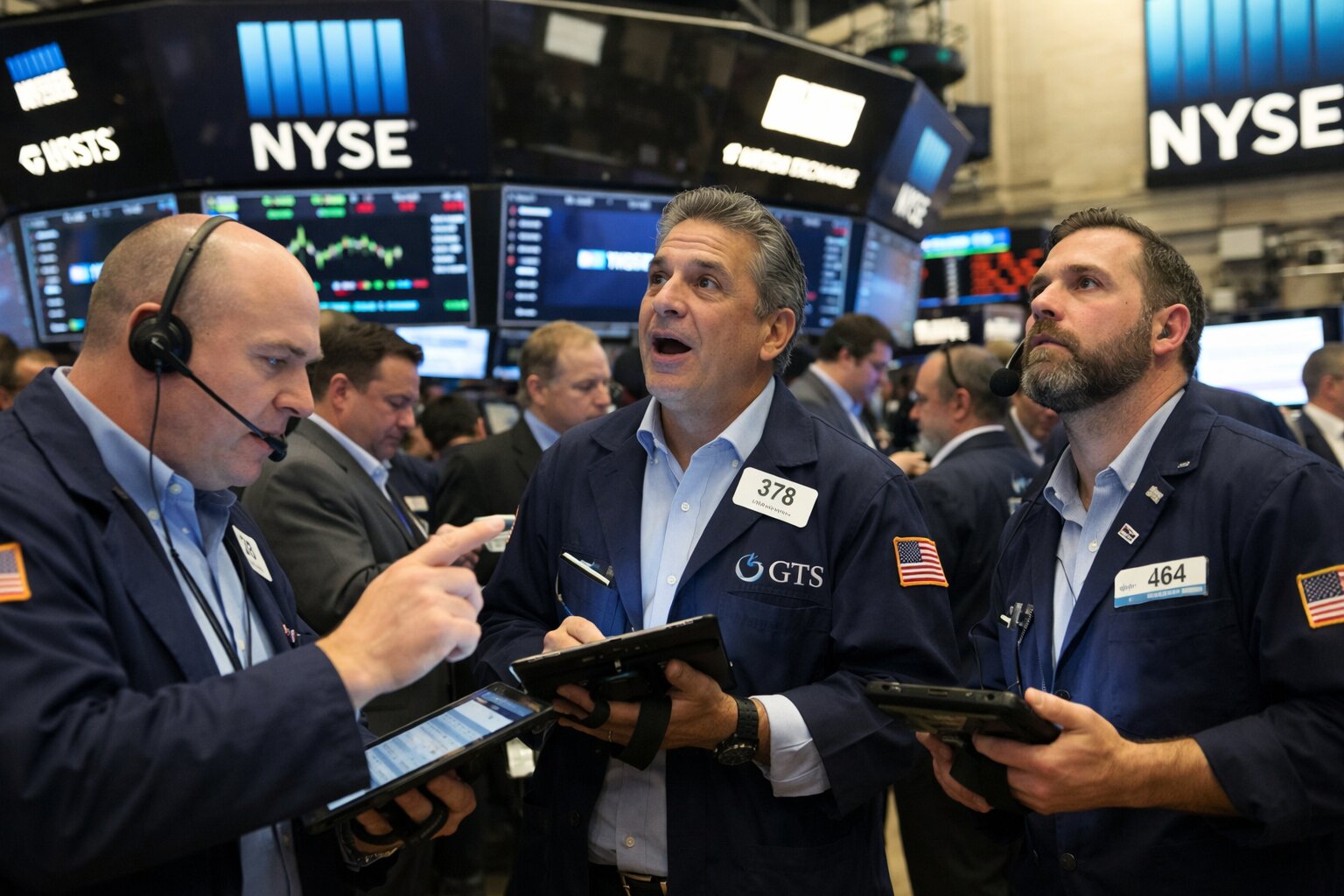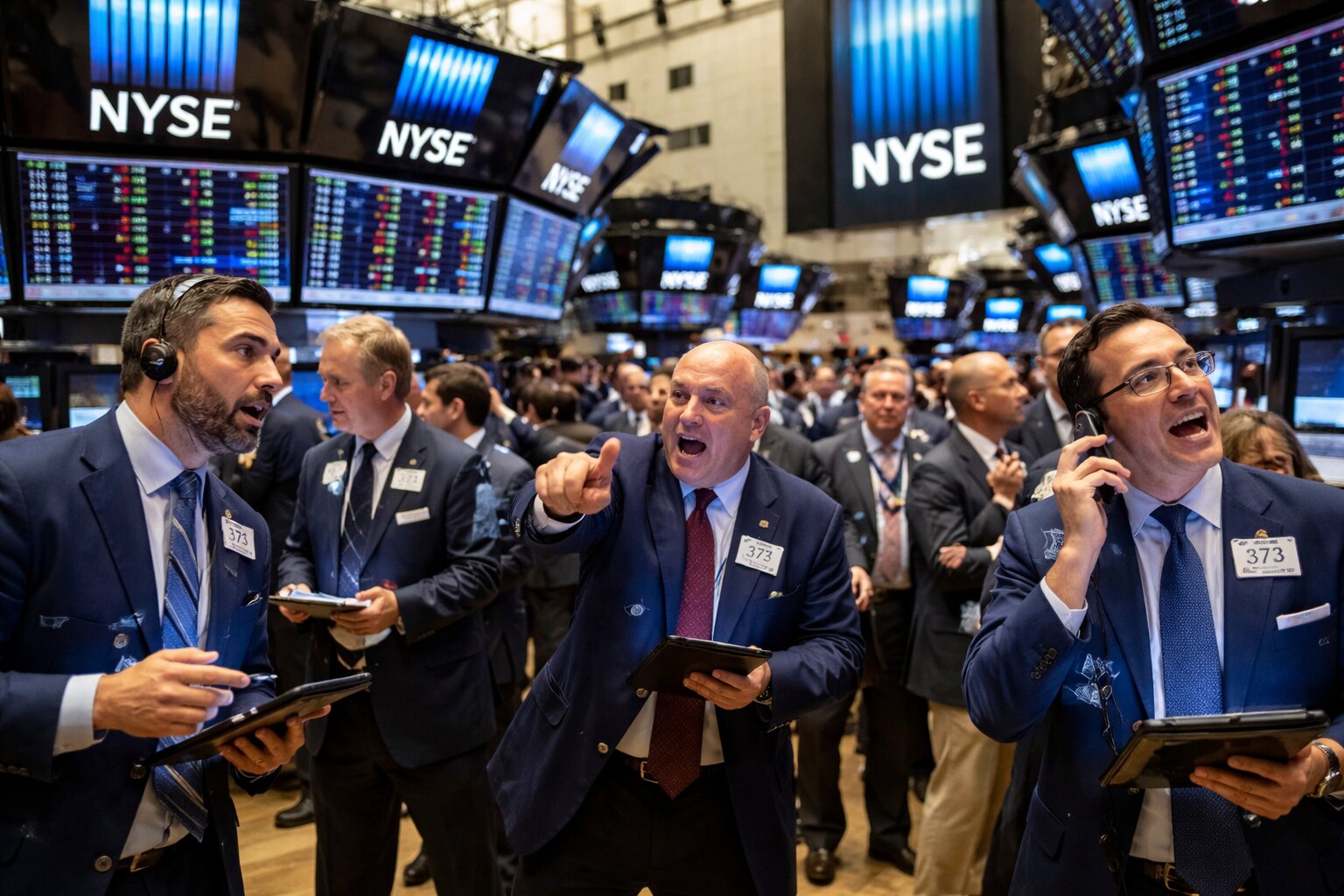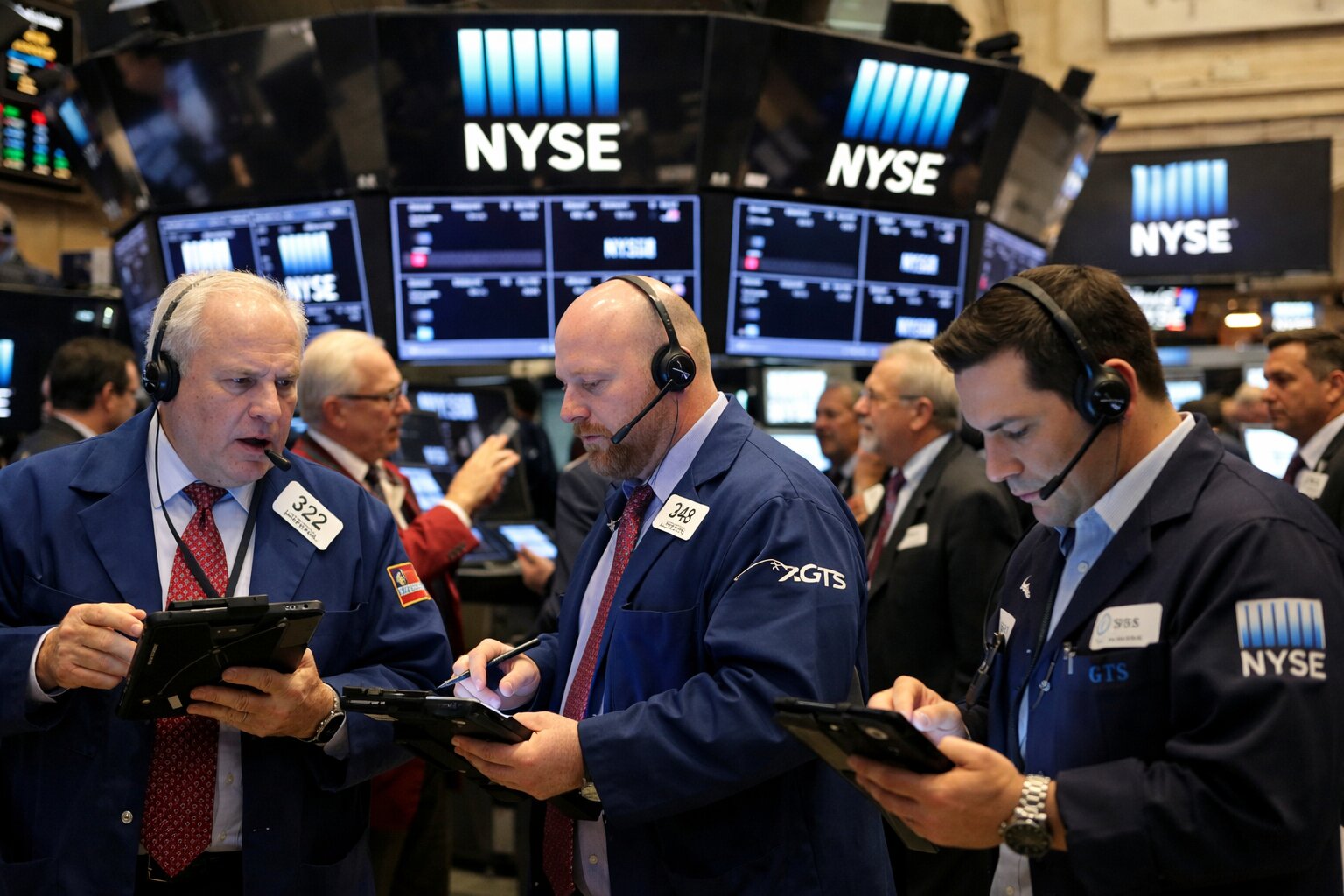
Warren Buffett and Charlie Munger , A Legendary Annual Shareholders Meeting
Unveiling the Wisdom and Investment Strategies of the Oracle of Omaha and His Right-Hand Man
Berkshire Hathaway, the conglomerate led by the legendary Warren Buffett, has demonstrated impressive growth in recent years, with its auto dealership business playing a significant role. Owning 78 dealerships across the US and generating over $8 billion in annual revenue, Berkshire is one of the largest dealership groups in the country. Additionally, the company holds nearly $130 billion in cash and bonds, sparking speculation about potential acquisition targets.
Buffett expressed his preference for acquiring a large company rather than sitting on cash, but he noted that it depends on the available prices, which are generally high in today's market. While he is open to purchasing companies worth $15 billion, $75 billion, or even $100 billion, he admits that it is more challenging to acquire a publicly traded company due to the longer timeline, shareholder voting, and other regulations.
The global financial crisis of 2008 provided Berkshire with opportunities to buy shares in troubled banks at attractive prices. Buffett expects similar opportunities to arise in the future, emphasizing that Berkshire is uniquely positioned to make deals under the right circumstances. In the meantime, the company is earning close to 5% on its bonds while continuing to buy stocks.
The recent banking crisis can be traced back to excessive risk-taking, according to Buffett. He called for more conservative banking practices and improved communication from regulators to prevent future crises. He praised the Federal Deposit Insurance Corporation (FDIC) for its role in stabilizing the banking system, but he also suggested that the corporation needs to communicate better with the American public to avoid potential runs on banks.
One example of mismanagement in the banking sector is First Republic Bank, which was shut down by the FDIC before being taken over by JP Morgan. Buffett criticized the bank's management for concentrating its balance sheet in low-yielding assets that lost value as interest rates rose over the past year. He also expressed his preference for banks that do not engage in investment banking, arguing that many investment bankers prioritize getting rich over their clients' best interests.
Berkshire Hathaway shares have risen 4.5% since the beginning of the year, reaching a price of $323.9 and a market value of $712.7 million. In the first quarter of this year, the company's profit increased sixfold compared to the same period last year, thanks to strong performances by Apple and a recovery in the insurance business. Berkshire's operating profit, which excludes profits from the increase in the value of marketable investments, amounted to $8.1 billion.
Buffett and his deputy, Charlie Munger, believe that the world will see more robotics and automated processes in the future, but they remain skeptical about the hype surrounding artificial intelligence (AI). They argue that human intelligence will not be surpassed by AI.
Buffett, also known as the "Oracle of Omaha," has run Berkshire Hathaway since 1965. Despite recent market volatility and economic concerns, he remains a calming presence in the financial world. He acknowledges potential challenges for commercial real estate and banks but maintains that deposits are safe. Regarding the economy, Buffett believes that while his businesses may see lower profits due to a slowdown in economic activity, increased investment income could offset those losses.
Berkshire Hathaway's investment in Apple, which stands at $151 billion, has been defended by Buffett as a unique and superior business. The company currently owns 5.6% of Apple shares and may consider purchasing more. Buffett has also dismissed rumors that Berkshire Hathaway intends to control Occidental Petroleum, stating that they have no plans to gain control over the company.
In Buffett's view, the US dollar will remain the world's reserve currency for the foreseeable future. He criticized the handling of recent problems in the banking sector, noting that changes to the debt ceiling could destabilize the financial system.
He Also asked colleagues to imagine that they were holding a punch card with 20 slots for the total investments they could make in their lifetime. If you knew you were limited to 20 holes, you would maximize your chances of making each one successful. You would become patient. You would become picky. You would only act on your strongest beliefs. This is a helpful model for thinking about how to make any kind of decision.
But what Buffett writes in his latest letter is that less than 20 decisions were what made the difference for him. His punch card was more like a carton of eggs. When I asked Buffett if he believes his theory of success applies to other people, his aide said investors will have a chance to ask him anything at Berkshire's annual meeting on Saturday: "We expect more than 60 questions from our shareholders." Here's one suggestion for the question: What were Buffett's dozen decisions? The value investor mentioned in his letter some of his most important investments, from buying dividend stocks like Coca-Cola and American Express to finding a partner like Charlie Munger. But he did not reveal all of them - and the "baptologists" can only speculate about the others.
Debating Buffett's best decisions, Berkshire shareholders sound like Taylor Swift fans discussing her greatest hits. Here's one suggestion for the question: What were the decisions in Buffett's dozen? The value investor mentioned in his letter some of his most important investments, from buying dividend stocks like Coca-Cola and American Express to finding a partner like Charlie Munger. But he did not reveal all of them - and the "baptologists" can only speculate about the others.
There was the 1967 deal for the National Insurance Company that gave Berkshire a fresh start and continues to print money. Five years later, there was the deal for See's Candies, which cost $25 million and generated more than $2 billion, in no small part because of the 22,000 pounds worth of peanut brittle and chocolate sold at last year's Berkshire meeting. There was the 1999 deal now called Berkshire Hathaway Energy, which was accompanied by a burst of profits, and Buffett's intended successor, Greg Abel. It's hard to pin exact dollar numbers on the value of his major purchases, but they were clearly among Buffett's signature moves.
David Kass, a finance professor at the University of Maryland School of Business, recited a few more, from railroads (Burlington Northern) to razors (Gillette). But at the top of his list was the transformative investment that Buffett called his first business love. This affair began in 1951 when Buffett learned that his professor and intellectual hero, Benjamin Graham, was the chairman of Geico and traveled by train from New York to Washington to visit its corporate headquarters. He arrived on a Saturday morning only to find that Geico's employees were not used to working on Saturday mornings. Finally, Schumer heard Buffett knocking on the doors and not only let him in but introduced him to the other person in the office, and that's how the eager young student found himself getting an education in the insurance business from the CEO.
The weekend watcher's compassion would change the course of business history, as Buffett's investment in Geico opened his fascination with insurance, which continued throughout his life. When he bought National Indemnity, which makes every list of Buffett's career highs, the process was similarly informal. After hearing from a friend that the company was for sale, he wrote a two-page contract to buy it from another friend. The transaction arrived within 15 minutes. "This is one of the best capital allocation decisions in history," said Lawrence Cunningham, author of The Essays of Warren Buffett. "And that represents Buffett."
20 key decisions, is a testament to the power of patience, discipline, and strategic thinking. He carefully considered each investment, ensuring that they aligned with his long-term vision and adhered to his investment principles. This approach allowed him to create massive wealth for himself and Berkshire Hathaway shareholders.
There are other lessons to be gleaned from Buffett's incredible journey. For instance, the importance of surrounding oneself with like-minded, knowledgeable partners cannot be overstated. Buffett's partnership with Charlie Munger has been pivotal in the development and execution of their investment strategy. The duo's complementary skills and shared vision have enabled them to make some of the most astute investment decisions in history.
Another key takeaway from Buffett's success is the importance of learning and continuous self-improvement. From his early days, Buffett has been a voracious reader and learner. He credits much of his success to the knowledge he has gained from reading and studying the works of successful investors like Benjamin Graham. This thirst for knowledge has enabled Buffett to continually refine his investment strategy and stay ahead of the curve.
Additionally, Buffett's incredible success is a testament to the power of compounding. By focusing on long-term, high-quality investments, Buffett has harnessed the power of compounding to build substantial wealth. This approach has allowed him to generate consistent returns over time, which, when reinvested, have resulted in exponential growth.
In summary, Warren Buffett's incredible success, driven by less than 20 key decisions, teaches us the importance of patience, discipline, strategic thinking, partnership, learning, and compounding. These lessons are applicable not only in the world of investing but also in various aspects of life, as they highlight the value of making well-considered decisions and sticking to a long-term vision.
Read More
-
GPIQ ETF Price Forecast: Can a 10% Yield at $52 Survive the Next Nasdaq Selloff?
09.02.2026 · TradingNEWS ArchiveStocks
-
XRP ETF Price Forecast: XRPI at $8.32, XRPR at $11.86 as $44.95M Inflows Defy BTC and ETH Outflows
09.02.2026 · TradingNEWS ArchiveCrypto
-
Natural Gas Futures Price Forecast: Will The $3.00 Floor Hold After The $7 Winter Spike?
09.02.2026 · TradingNEWS ArchiveCommodities
-
Stock Market Today: Dow Back Under 50K While S&P 500 and Nasdaq Push Higher as Gold Reclaims $5,000
09.02.2026 · TradingNEWS ArchiveMarkets
-
USD/JPY Price Forecast: Can Bulls Clear 157.5 Without Triggering a 160 Intervention Line?
09.02.2026 · TradingNEWS ArchiveForex



















